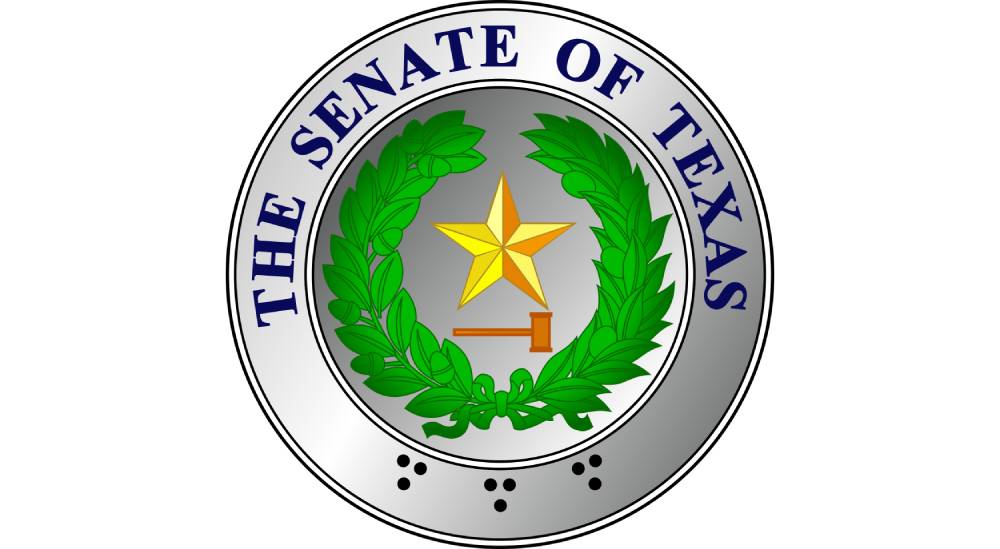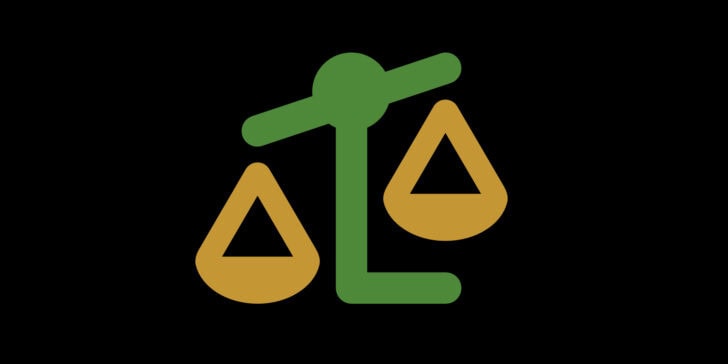A gambling-related bill targeting devices such as ‘eight-liners’ has recently moved from the Texas Senate to the House in its journey toward becoming law.

Why this may be of interest to stakeholders and players in the sweepstakes industry is that SB517 could potentially impact sweepstakes casinos in Texas depending on how the bill is interpreted and enforced.
Anti-Sweepstakes Legislation Across the US
For some background, we’ve seen clear anti-sweepstakes bills proposed in 11 state legislatures this year, including in Connecticut and New Jersey. In fact, a portion of the proposals have reached a conclusion, with Montana seemingly becoming the first state to enact such a bill, while proposals in Florida, Arkansas, Maryland, and Mississippi failed.
These bills don’t often use the term ‘sweepstakes’ specifically, but they are clearly aimed at the vertical. For example, the successful Montana bill updated the definition of ‘internet gambling’ to include ‘online casinos’ and:
“any platform, website, or application that knowingly transmits or receives gambling information, allows consumers to place a bet or wager using any form of currency, and makes payouts of any form of currency.”
The dual currency aspect of sweepstakes casinos is their defining factor, so such bills are obviously targeting this system. Plus, debate around the New Jersey bill included arguments specifically against ‘sweepstakes’ casinos from B. Stephan Finkel, the director of legislative affairs for the New Jersey Attorney General’s Office.
SB517 in Texas, however, is mainly concerned with:
- Expanding the definition of a ‘gambling device’ to criminalize a broader range of gambling machines
- Expanding the definition of a ‘thing of value’, related to prizes such machines award
- Increasing the penalties for awarding a thing of value via such machines
Focus on ‘Eight-Liners’ and Game Rooms
For context, apart from the state lottery, horse and greyhound racing, charitable bingo, and a few Native American casinos, Texas maintains strict regulations against gambling activities. Therefore, SB517 is interpreted as mainly shoring up the law against physical electronic gaming machines, like ‘eight-liners’, which are common in various Texas establishments.
These venues, sometimes referred to as ‘game rooms’ or ‘maquinitas’, are particularly popular in the Lone Star State and can offer prizes, including plush toys. However, some establishments skirt the law by offering gift certificates, while others outright violate it by offering cash prizes. Law enforcement often conducts raids on such venues, seizing machines and profits.
Therefore, SB517 seeks to redefine a ‘gambling device’ as:
“any device that for consideration affords the player or user of the device an opportunity to obtain any thing of value, the award of which is determined solely or partially by chance, even though accompanied by some skill, whether or not the prize is automatically paid by the contrivance.”
It then redefines a ‘thing of value’ as:
“any property, money, right, privilege, or other benefit, including a gift card or any other representation of value redeemable for any property, money, right, privilege, or other benefit.”
We can see how this bill is aiming to criminalize the awarding of something valuable from physical devices, but the question remains whether these new laws would, for example, provide the Texas gaming regulator with justification for targeting sweepstakes casinos too. These platforms exist purely electronically and online, but share some overlap with the above definitions.
For now, we’ll monitor the bill’s journey through the Texas House. With the legislative session ending on June 2nd, stakeholders in the sweepstakes industry will be awaiting any developments that could shed light on how the law might be interpreted and enforced; the potential impact is likely to become clearer as debate continues.
SB517 is also a reminder that sweepstakes casinos aren’t the only gambling format under the microscope these days, as lawmakers across the US are targeting similar issues, including eight-liners and offshore casinos. As they work to navigate the complexities of gambling regulation, it should always be considered if a more balanced approach is needed in general – one that focuses on accountability without losing sight of consumer choice and the nuances of these evolving markets.


